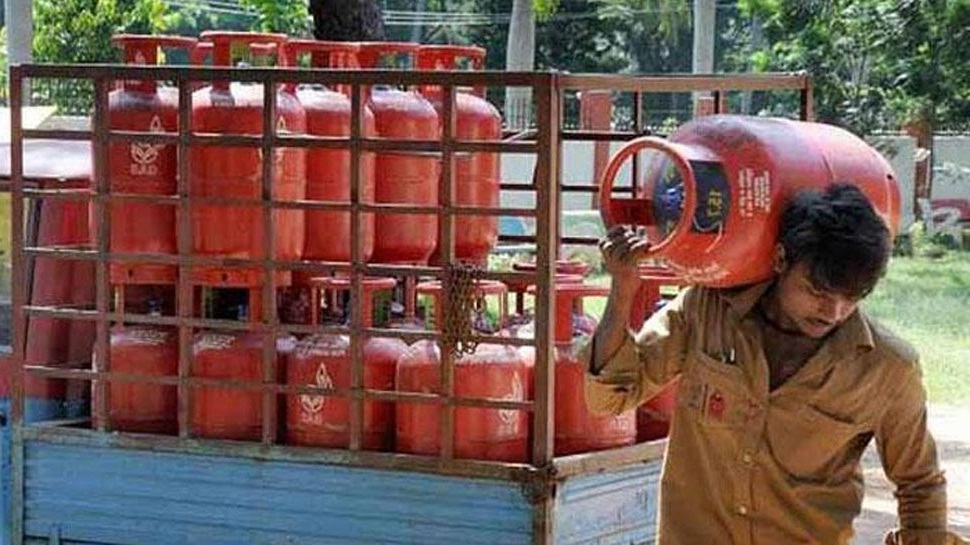LPG cylinder home delivery rules to change from 1 November. Details here
 Oil companies are implementing a new system which will be known as Delivery Authentication Code (DAC)
Oil companies are implementing a new system which will be known as Delivery Authentication Code (DAC)
The Delivery Authentication Code(DAC) will not be applicable for commercial LPG cylinders
From next month the home delivery system of Liquefied Petroleum Gas (LPG) cylinder is going to see a major change.
Consumers who book a LPG cylinder will now need a one-time password (OTP) to be delivered at the doorstep according to a report published in Hindustan Times.
Here is a major updates regarding the new OTP based delivery of LPG cylinders:
Oil companies are implementing a new system which will be known as Delivery Authentication Code (DAC). The system will help in preventing the theft and also identifying the right customer.
Initially the Delivery Authentication Code (DAC) will be implemented in 100 smart cities. The pilot project has started in the city of Jaipur in Rajasthan.
To stop the theft of LPG cylinders, the delivery shall not be completed untill a code is shown to the delivery person on the consumer’s registered mobile number. The code will be sent in the mobile number of the consumer.
Consumers of the LPG cylinders should get their mobile number updated if they had changed the mobile number registered with the gas agency failing so will result in stopping of delivery of LPG cylinders.
The consumers should also update the address of their residence if the address mentioned with the gas agency is different from the one in which they are residing.
However, the Delivery Authentication Code(DAC) will not be applicable for commercial LPG cylinders.
Meanwhile India is expected to overtake China as the world’s largest cooking gas LPG residential sector market by 2030, Wood Mackenzie said.
“Liquefied petroleum gas (LPG) demand in the residential sector will continue to see sustainable growth at a cumulative annual growth rate (CAGR) of 3.3 per cent, reaching 34 million tonnes (MT) in 2030 as households’ dependence on solid biomass diminishes in the long run supported by rising average household incomes and urban population,” it said in a report.
Driven by environmental and health concerns, the government has also been implementing schemes to help lower-income families cope with the cost of switching from dirtier biomass to LPG.




